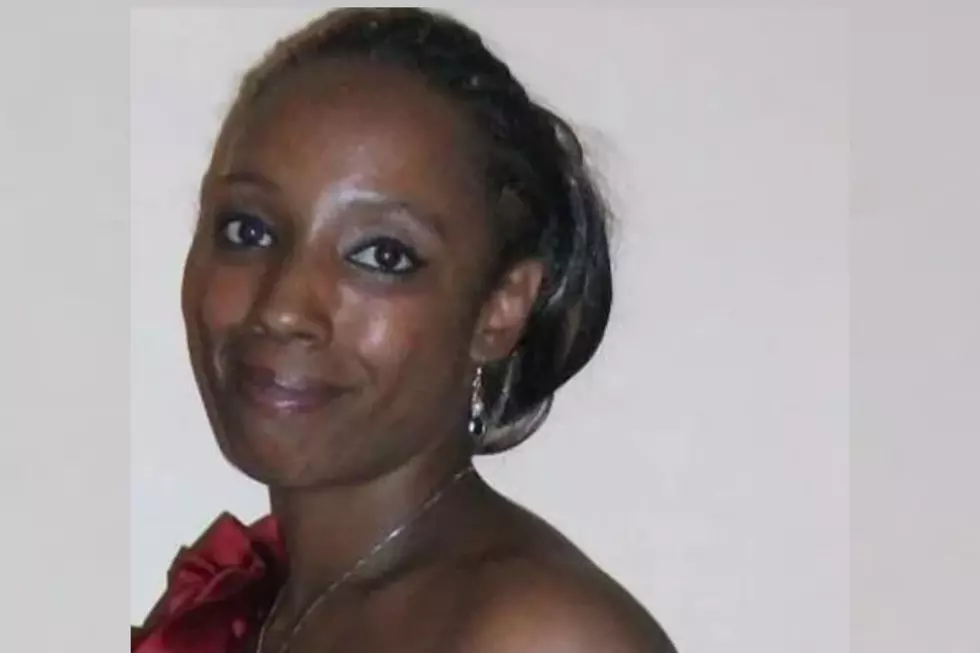
New Program Allows Low-Level Drug Offenders to Avoid Jail
NEW BEDFORD — Cities and towns across the country are continuing to battle the opioid epidemic, one that seems to make no distinction between suburb or city block.
Bristol County District Attorney Thomas Quinn III, New Bedford Police Chief Joe Cordeiro, and Mayor Jon Mitchell announced the launching of a Law Enforcement Assisted Diversion Program (LEAD) on Tuesday in an effort to not only further combat the opioid epidemic and prostitution, but to also ease the pressure on the criminal justice system packed with these low-level offenders.
LEAD is a pre-booking diversion pilot program developed with the community to address low-level drug and prostitution crimes. The program allows police officers to redirect low-level offenders engaged in drug activity or prostitution activity to community based services, rather than face jail and prosecution.
Bristol County is the first and only county in Massachusetts to implement the program, which officially launched on Tuesday.
District Attorney Quinn says that he and Chief Cordeiro met sometime last year to discuss the possibility of using the program in the county. Quinn says after several meetings reviewing the issues and ramifications of implementing the program he came away satisfied that it was the right fit for the county. Quinn says that LEAD “does not involve crimes of violence or crimes that are not appropriate to divert someone from.”
"What I'm trying to do is trying to bring a balance to prosecution, I think that locking everybody up and throwing away the key is not the answer in every case and in many cases,” continued Quinn. “However, the balance is when you're dealing with lower level individuals committing low-level crimes, if there is some opportunity to deal with the issue, which is a drug abuse in this instance, outside of the courtroom, it could prove more beneficial in the end.”
The county is working with the Seven Hills Foundation, a health and human services organization, to work with individuals who enter the program. A case manager will be assigned to each participant to assess their needs and will begin to work on their care and recovery issue by issue.
Chief Cordeiro says that those arrested for low-level crimes related to personal drug abuse or small-scale prostitution in New Bedford will be arrested and brought to the police station for booking. Once they have been booked they'll be given the option to either go through the criminal justice system or participate in the LEAD program. If they decide to go into the program, the individual must fill out a form and agree to meet with a case manager within seven days.
"The idea behind LEAD is to give our police officers some additional tools to use besides the handcuffs. Most law enforcement officers will recognize readily today that we're not going to arrest our way out of this problem and not every person that is suffering from the disorder of addiction belongs in jail,” Cordeiro explained. “In an essence, it's really a waste of the tax payer's money because we're not doing them any justice or our community any justice. I think this is a much more efficient and humane way of managing this very sizeable population that is growing across the country.”
The program does not dismiss participants if they relapse, and instead works with them to try to get them through the varying challenges of addiction. Cordeiro says that the goal “is to eventually get them into rehab and back to being a productive member of society.”
Mayor Mitchell says that LEAD's success is documented in other cities across the country. He says that in particular he and law enforcement officials in the county looked at Seattle and Albany, which can attest to effectiveness of the program.
"We know that we have a cohort in our adult population, users that continue to use despite having been arrested, despite having been in the criminal justice system at some point and often at multiple points. So, what this program in effect does is instead of processing them through the criminal justice system, we get them into services as quickly as possible.” Mitchell said. “Often times at that point of arrest there is an opportune moment to deal with addiction, when a particular person might be more open to suggestion, might be more open to receiving help. We want to seize that opportunity to get them going in the right direction.”
More From WBSM-AM/AM 1420









